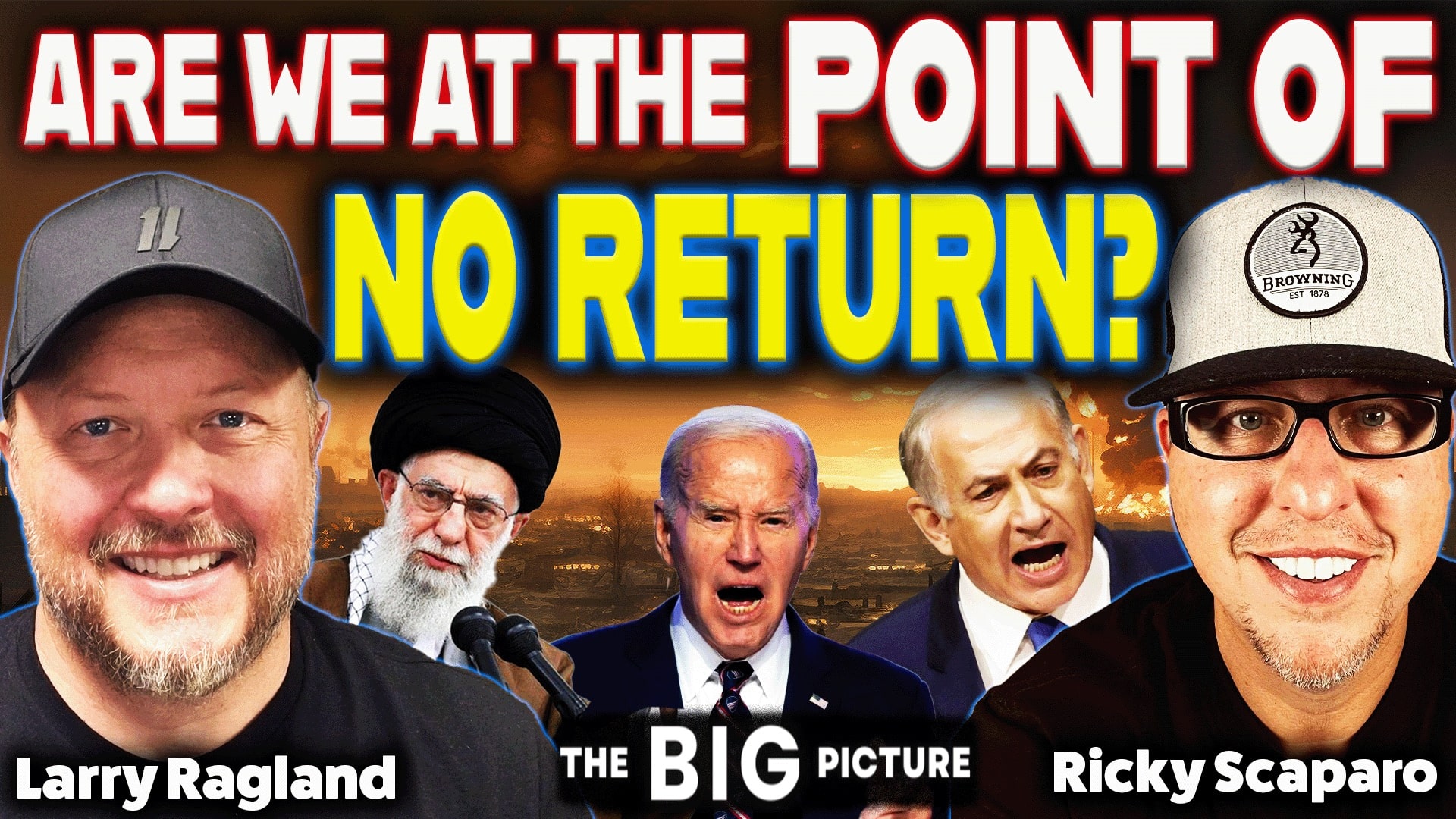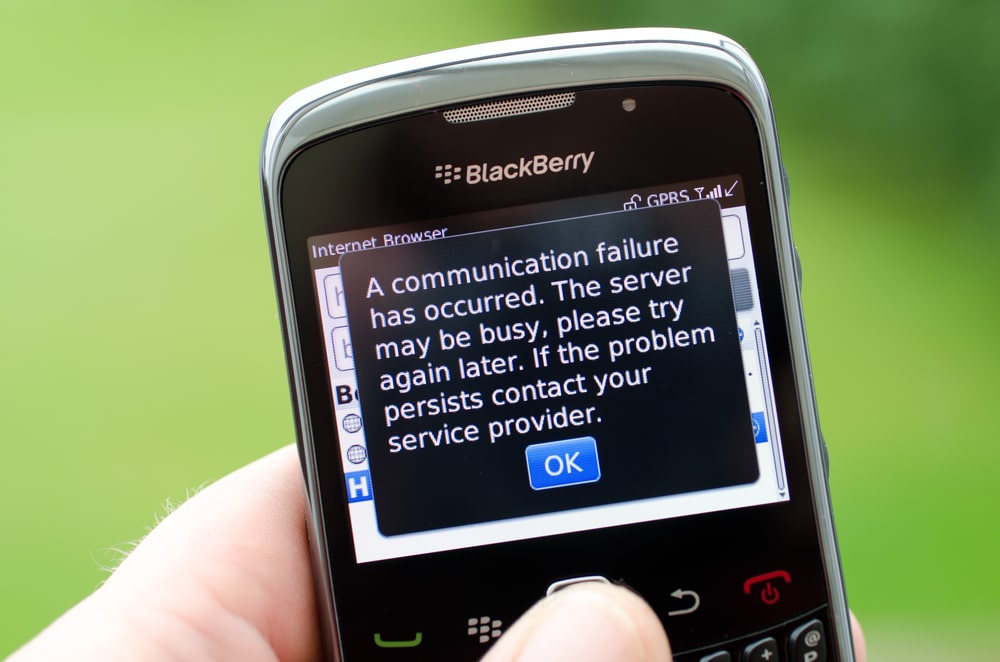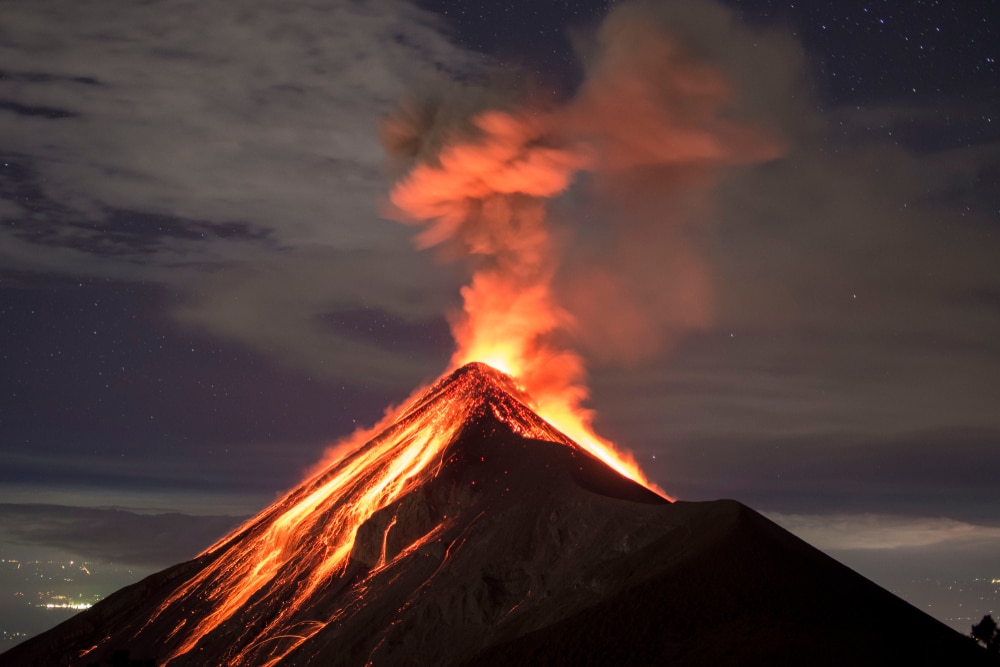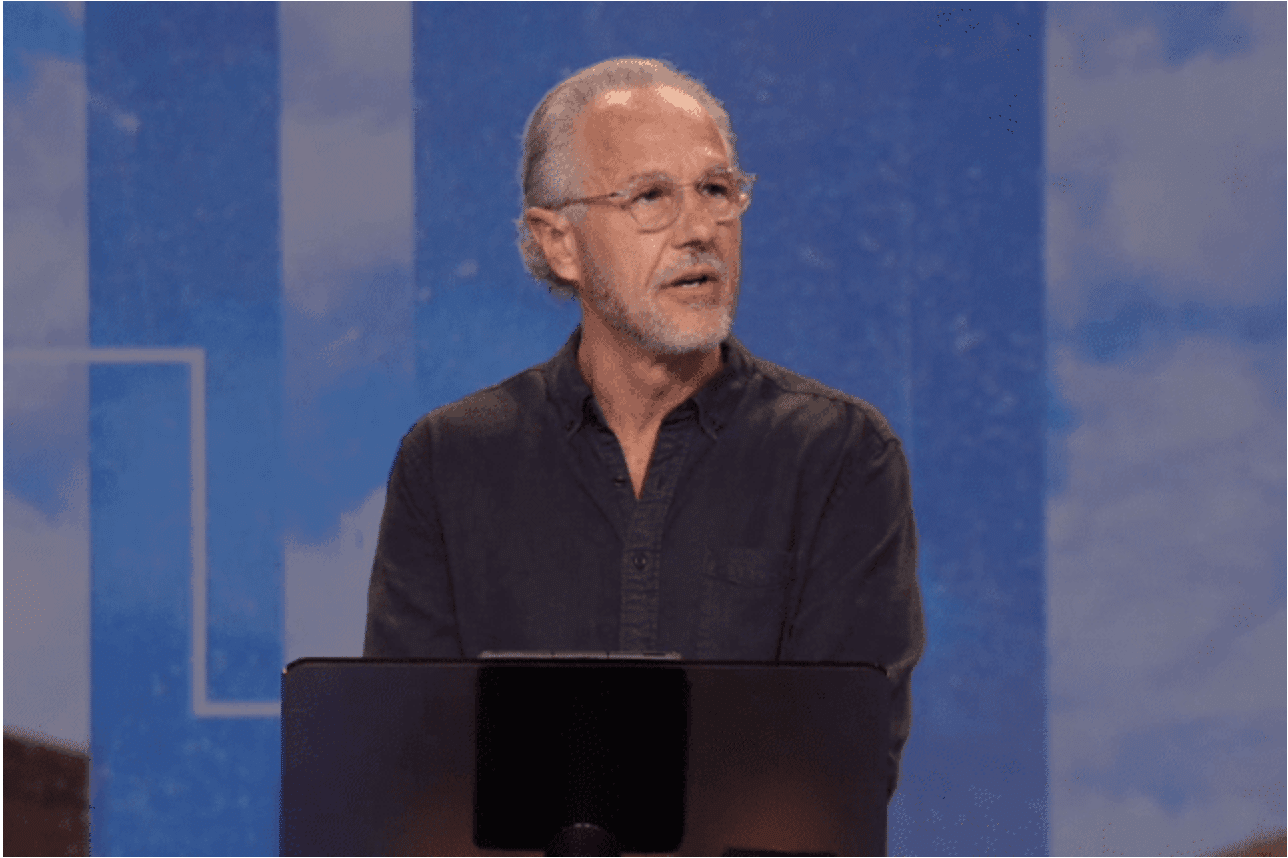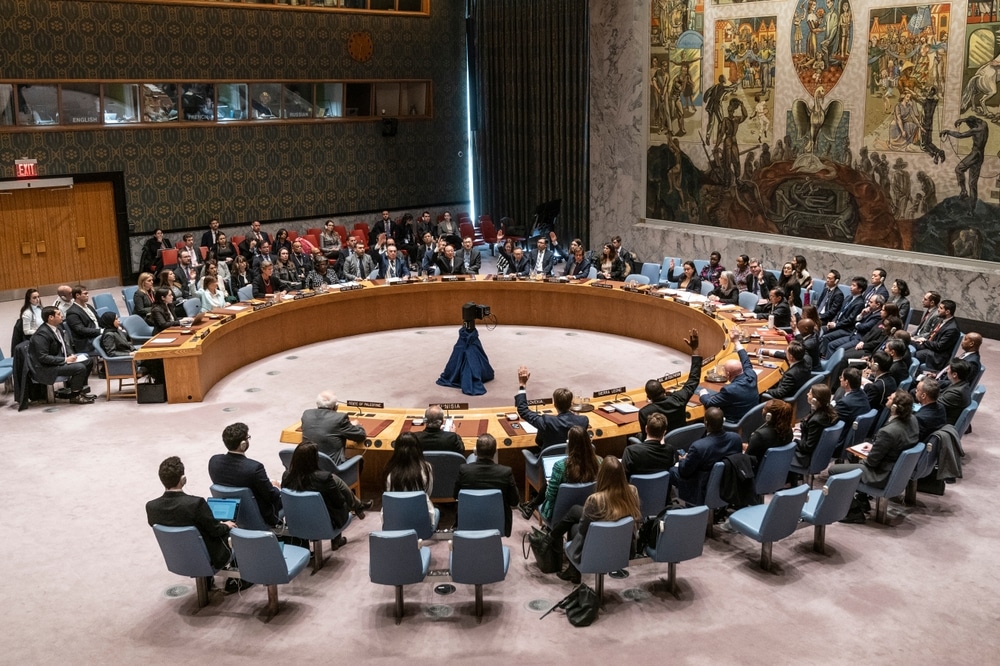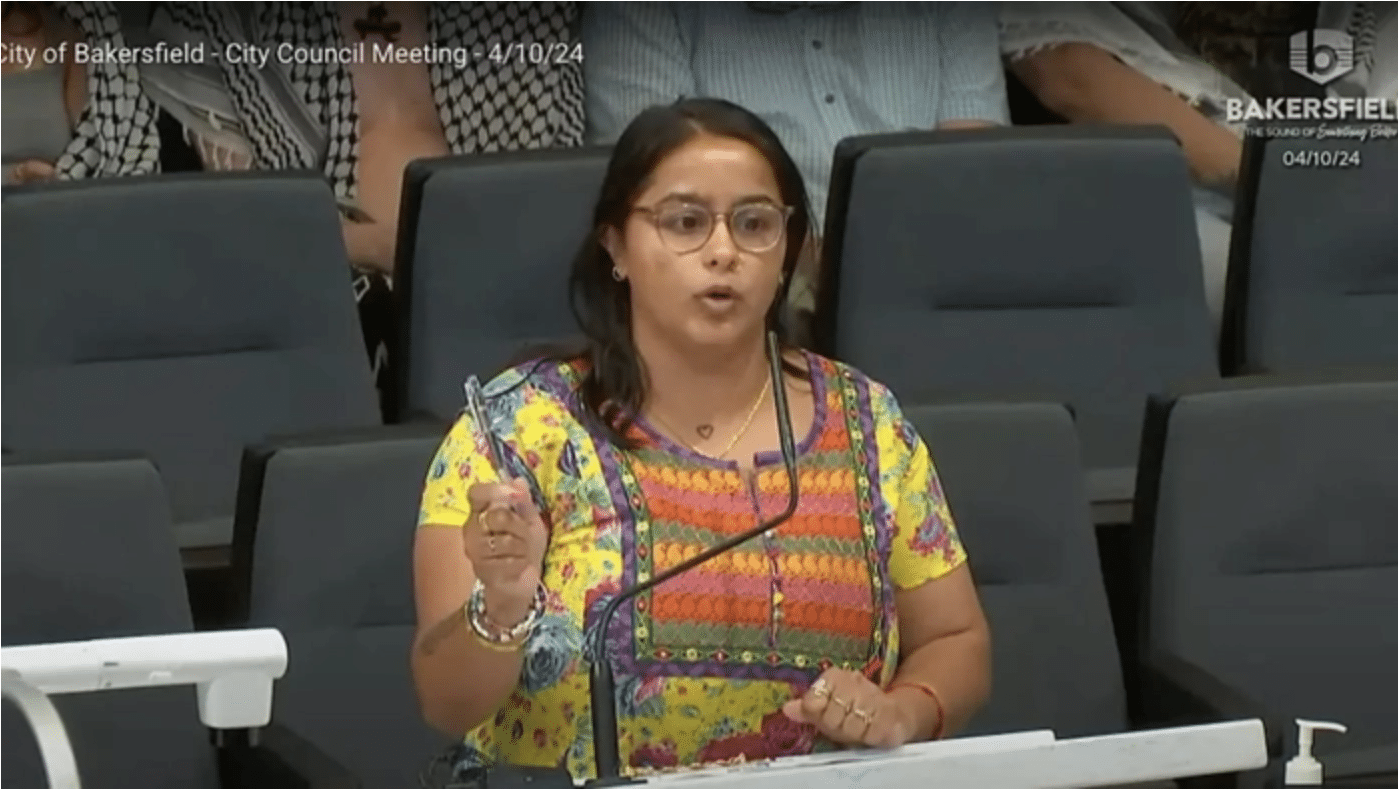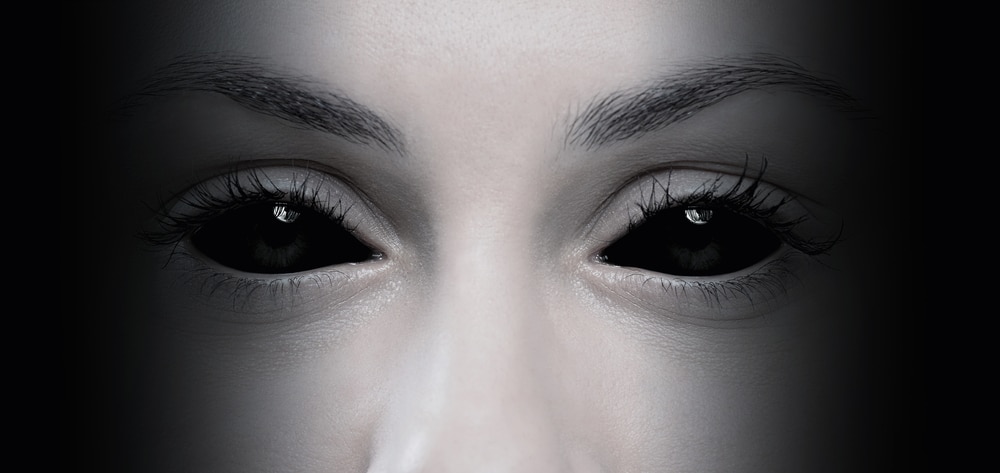As he set up for Sunday services in a dank basement lined with velvet seating and glow-in-the-dark blue tables, Steve Urquhart, founder of the Divine Assembly, tried hard not to think about the swingers’ party that took place in the space the previous night.
“They have a lot of fun. I think it’s a rowdy crowd,” Urquhart, 57, a former Republican state senator and ex-Mormon, told VICE News with a mischievous smile, looking a bit like a lumberjack with his white beard and red flannel shirt.
On Saturday nights, the New Yorker Club has “lifestyle” parties. By Sunday morning, a few upside down pineapples (the bat signal for swingers), sticky floors, one suspiciously damp spot on a couch, and tasteful nudes on the walls remained as the Divine Assembly took over the venue.
Urquhart and his wife Sara founded the church three years ago, and while the idea of congregating in a club where people likely have sex may sound counterintuitive, this group is used to bucking norms. Their sacrament, which they use to commune directly with the “divine” (which could mean god, the universe, or even family members depending on the person), is psychedelic mushrooms.
“We have one tenet, which is you, each individual, can commune with the divine and out of that direct communion, you can receive guidance,” Urquhart explained. “You don’t need any kind of intermediary, you don’t need me, you don’t need anyone.”
But no one gets high at church. Instead, congregants participate in a range of workshops and activities that include an ice bath, a meditation room with flashing lights, and a shroom growing course called “shroomiversity.”
The Divine Assembly is one of a growing number of churches in the U.S. whose followers worship using psychedelics like shrooms, ayahuasca, peyote, and bufo (psychoactive toad venom). VICE News has identified at least 19 psychedelic churches, though more likely exist underground and will continue to pop up as these drugs become more mainstream and legal in some cities and states.
The churches operate in different ways; some have formal spaces, while others rent out venues or offer monthly retreats. Some charge membership fees and provide members with drugs—others, like the Divine Assembly, don’t. All the churches believe they’re protected under freedom of religion, although few have legal exemptions to use drugs, leaving church leaders and members responsible for defending themselves, should they ever be arrested.
From the government’s perspective, these churches need to demonstrate that they’re sincere in their beliefs and that they’re keeping participants safe. Both criteria sound straightforward, but applying them is more complicated, especially because the Urquharts want to avoid telling people how to worship—part of their quest to keep the Divine Assembly informal. (READ MORE)



